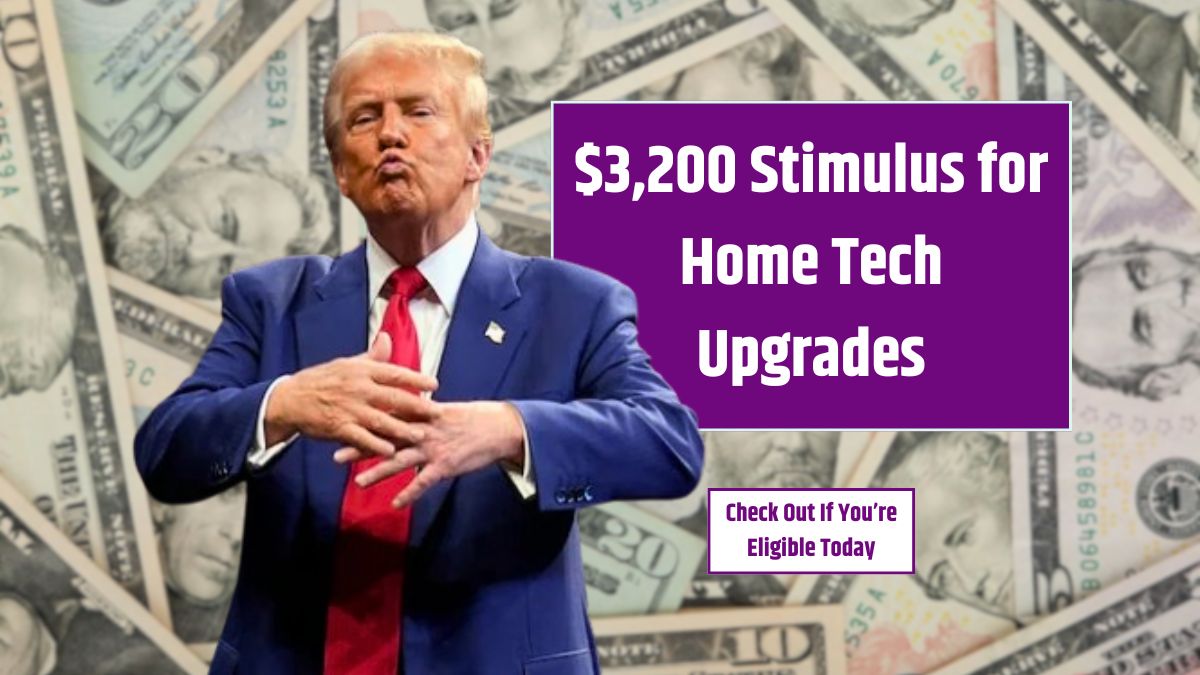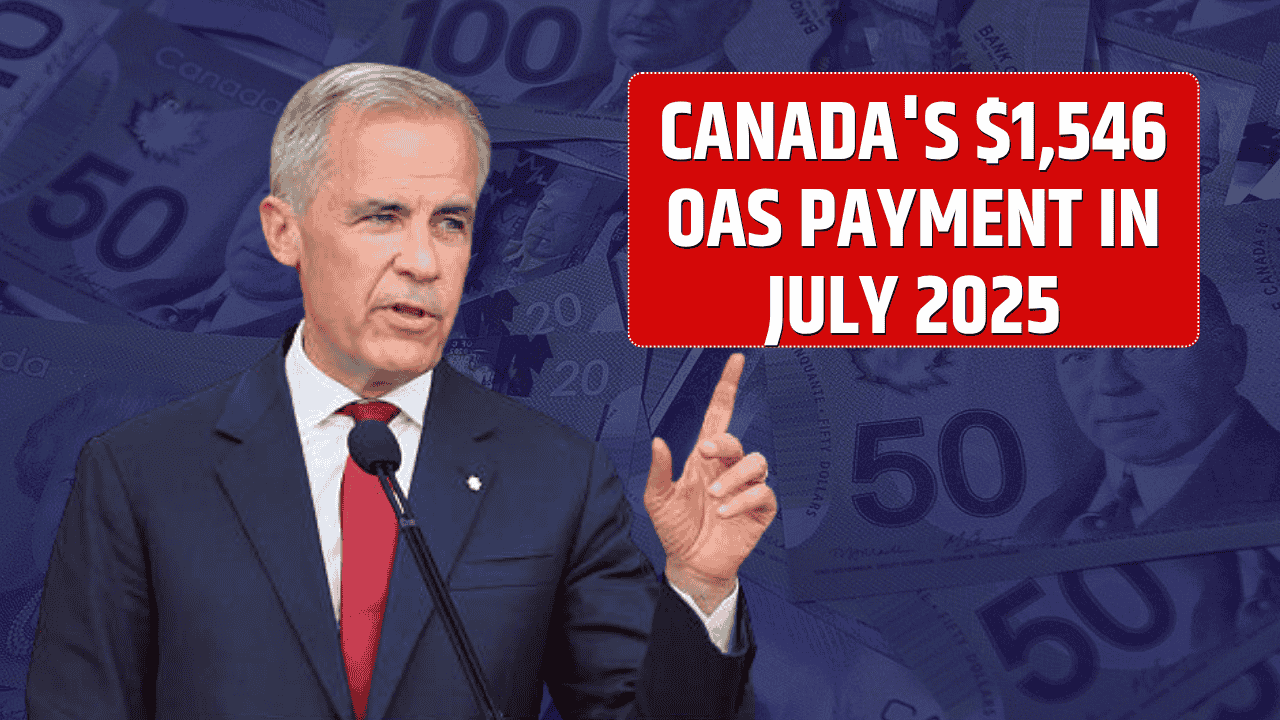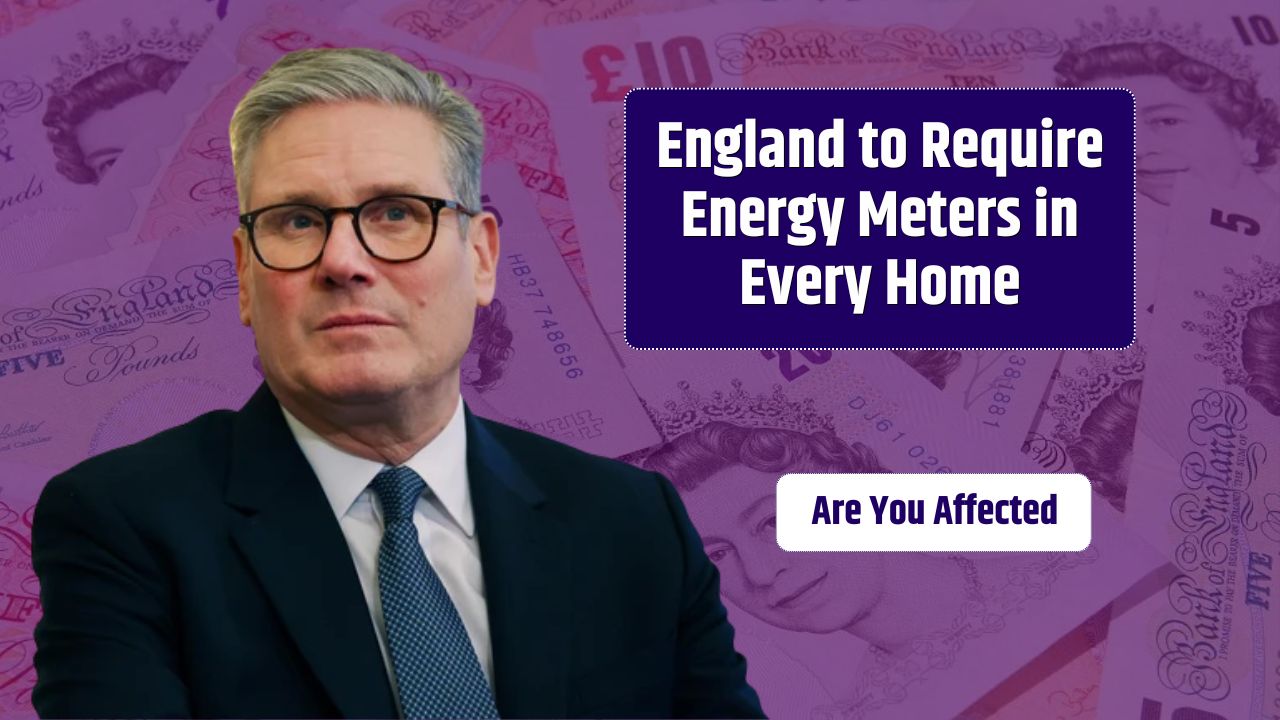Thinking about modernizing your home and saving on energy bills? The government’s Energy Efficient Home Improvement Credit could help you claim up to $3,200 per year for upgrades that make your home more energy-friendly. Whether you’re installing a heat pump or swapping out old windows, this program helps offset costs while boosting home comfort.
Let’s break down how it works, who qualifies, and how to claim it on your taxes.
Table of Contents
Overview
This credit is part of the Inflation Reduction Act’s effort to encourage cleaner energy usage in American homes. It’s available annually through 2032, giving you several chances to claim it as you upgrade in stages.
| Feature | Details |
|---|---|
| Maximum Annual Credit | $3,200 |
| Credit Split | $1,200 for general improvements; $2,000 for heat pump systems |
| Eligibility | U.S. homeowners with qualifying upgrades |
| Claim Method | File IRS Form 5695 |
| Product Rules (2025 onward) | Some items must include a Product ID Number (PIN) |
| Program Ends | 2032 |
| Official Source | IRS.gov – Energy Efficient Home Credit |
Why the Government Is Offering $3,200
This credit exists to reduce overall energy use and cut carbon emissions. It also helps homeowners lower energy costs and invest in sustainable tech without breaking the bank.
From boosting insulation to switching to electric heat pumps, these upgrades bring long-term savings — both for homeowners and the environment.
What Qualifies?
The credit is split into two parts:
Up to $1,200 for General Improvements
- Insulation and air sealing
- Windows (up to $600)
- Doors (up to $500)
- Electrical panel upgrades (up to $600)
- Home energy audits (up to $150)
Up to $2,000 for High-Efficiency Systems
- Electric/natural gas heat pumps
- Heat pump water heaters
- Biomass stoves and boilers
You can claim both sections in the same year as long as the total doesn’t exceed $3,200.
Real-World Examples
- Replacing your old HVAC with an electric heat pump
- Adding spray-foam insulation to reduce heating costs
- Installing triple-pane ENERGY STAR windows
- Getting a home energy audit to find where your home is wasting energy
- Upgrading the electrical panel to support solar panels or an EV charger
These projects must meet federal energy-efficiency standards. Be sure to check the IRS list of qualified products and obtain certificates from manufacturers.
How to Claim the $3,200 Credit
Only your primary residence qualifies. Complete the upgrades within the same calendar year you’re claiming the credit.
Save Your Documentation
Keep:
- Receipts
- Contractor invoices
- Manufacturer info
- Product Identification Numbers (PINs) for 2025 purchases onward
File IRS Form 5695
Fill out Form 5695 (Residential Energy Credits) when you file your taxes. Attach it to your standard tax return. This form breaks down each improvement and how much credit you’re claiming.
Get Help If Needed
If you’re unsure about eligibility or deductions, a CPA or tax preparer can help maximize your claim and ensure accuracy.
Is It Worth the Effort?
Upgrades like insulation and heat pumps can slash your utility bills. For example:
| Upgrade | Potential Annual Savings |
|---|---|
| Air sealing & insulation | 10–20% on energy bills |
| Heat pump (vs furnace) | Up to 50% electricity cut |
| ENERGY STAR windows | 10–25% energy savings |
That means your investment could pay for itself in just a few years.
Common Mistakes to Avoid
- No receipts or PINs: You’ll need them, especially starting in 2025.
- Wrong products: Not every “efficient” item qualifies — only those meeting IRS/ENERGY STAR criteria do.
- Non-primary homes: Second homes and rentals usually don’t qualify.
- Aesthetic-only upgrades: Projects must boost energy efficiency.
FAQs
Who qualifies for the $3,200 home credit?
U.S. homeowners making energy-efficient upgrades to their primary residence.
Do I need receipts for the credit?
Yes, keep receipts and product details to support your claim.
How do I claim the $3,200 credit?
File IRS Form 5695 with your tax return, listing all qualifying improvements.
Can I claim the full $3,200 every year?
Yes, if you complete upgrades that qualify for both parts of the credit.
Do heat pumps qualify for the full $2,000?
Yes, if the system meets required efficiency standards.


























